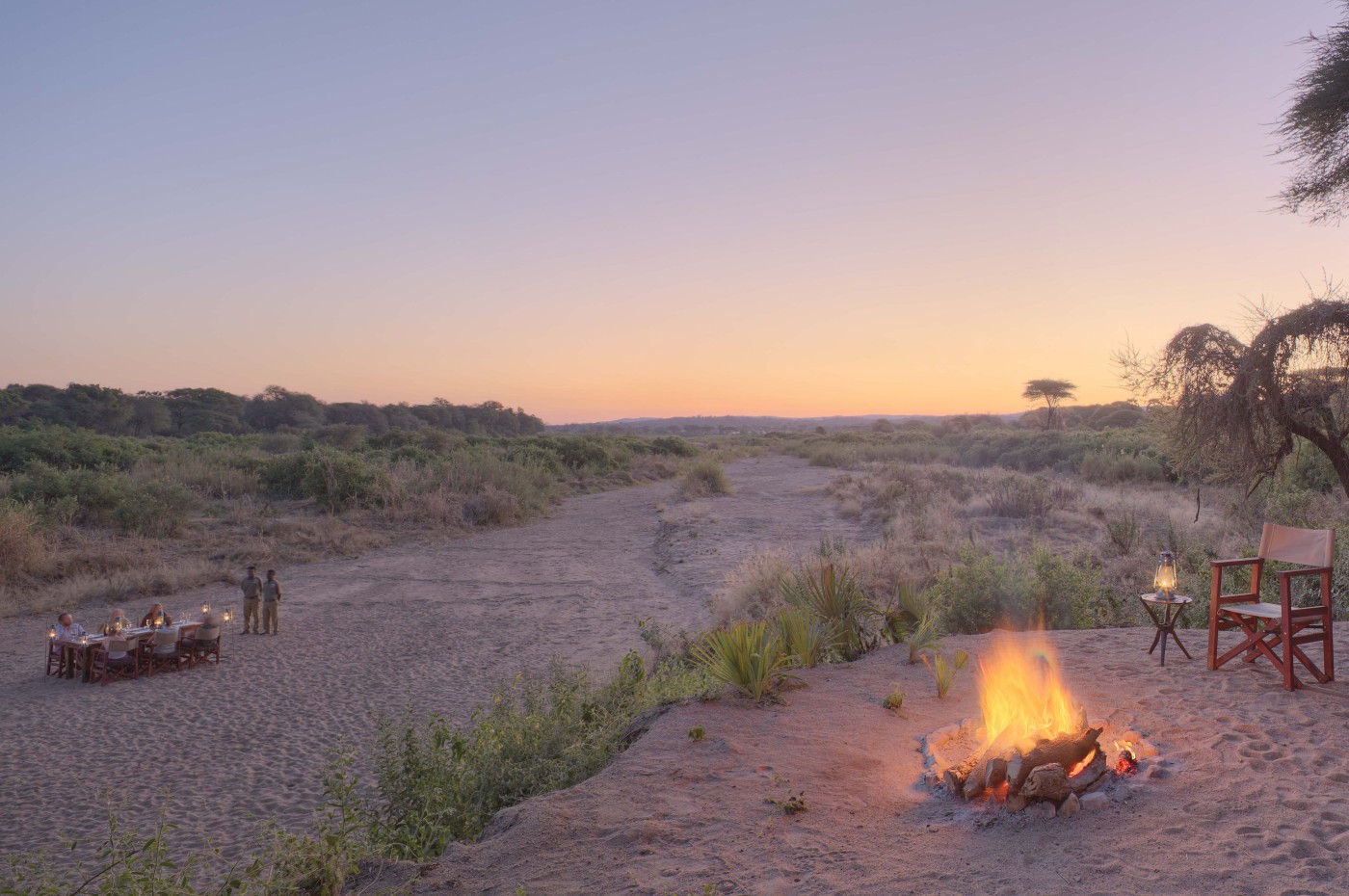
Travel experts on a mission
We rate our hotels with hearts instead of stars
Hotel stars are relics of the past, yet so closely related to the travel industry. And it still is today. To the extent that terms such as 'luxury' and '5-star' have become part of our everyday language. That makes it harder still to get rid of the star ratings. But we give it a go anyway.
And why is this? Let's go back to when it all started. The star ratings emerged in the wake of the 60s and 70s charter flights. This was mass-travels for everyone, and there was a need for an easy and clear system to communicate price and hotel quality. The star rating system did this so well that it is still around today, so many years later. Even though the stars are obsolete and should have been buried in the past.
Stars were traditionally given based on facilities only - does the hotel have a safety box in the room, a swimming pool, a 24-hour reception? There was no room for intangible elements or feelings. No focus on the experience
Probably, the assumption was that the facilities provide the experience. But you don't need to be well-traveled to know that this is far from the reality.
In the past decade, international review sites like Tripadvisor have challenged the simplified star ratings. It is user-generated instead of relying solely on national guidelines drawn up by experts and industry organizations.

Kichaka Expeditions, Ruaha, Tanzania
This seems like a sensible development, but there's a challenge: It has simply replaced one type of star rating system with another. On the positive side, it has helped put focus on small hotels that are an experience itself, despite the number of facilities. A 10 USD homestay can get as many stars as the finest hotels in the world. And that's a step in the right direction.
But the problem is the algorithm, and if a hotel is able to and capable of using TripAdvisor actively. If you know how to use the rating systems in your favor, and provide a consistent level of service, you also rank higher. And that are often well-operated mainstream hotels. One size fits all.
We rate with hearts, not stars
That's not the most interesting hotel or experience if you ask us. Instead, it is the ones that provide an honest and authentic experience; a hotel that does service from the heart and not based on a thick hotel manual. The interesting hotels are those that are perfect for you, but which might be completely wrong for others.
We believe that the unique and memorable experience is much more about feelings than facilities.
At the same time, we see a close connection between the values of a hotel and how responsible they are.
Instead of stars, we use two icons to categorize our hotels: A price icon and a heart icon. Both go from 0-4 to avoid being confused with the star system.
The dollar sign shows the price level and the hearts illustrate the degree of responsibility. That is: how and to what extent does the hotel benefit the local community? To what extent do they try to minimize their environmental impact, waste, CO2 emissions? It is important to emphasize that this is our subjective assessment and not a certification.

UXUA, Trancoso, Brazil
So, why hearts?
Hearts were an easy choice for us. They are part of our logo and they are in our DNA. And if you put your heart into something, the experience is also better, and more memorable. It touches our feelings. And in our world, the unique experience is much more about feelings than facilities.
At the same time, we experience a close connection between feelings and values, and the degree of responsibility. Therefore, we use hearts as a symbol of responsibility and more indirectly as a symbol of the feelings and the experience itself.
Of course, it is not black and white, nor perfect. But it is an attempt to make a simple classification based on more subjective criteria (hearts). And then we will let the dollar icon symbolize the hard fact (price).
Our dream is that responsibility is considered (heavily) in travelers' decision to purchase - so all hotels need to relate to and actively work with responsibility.
One is allowed to dream.
